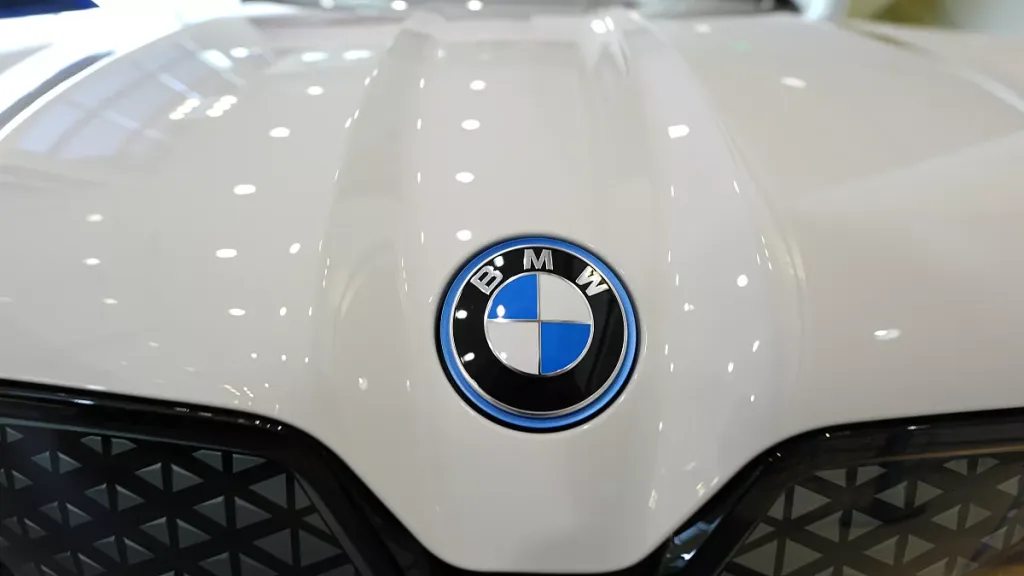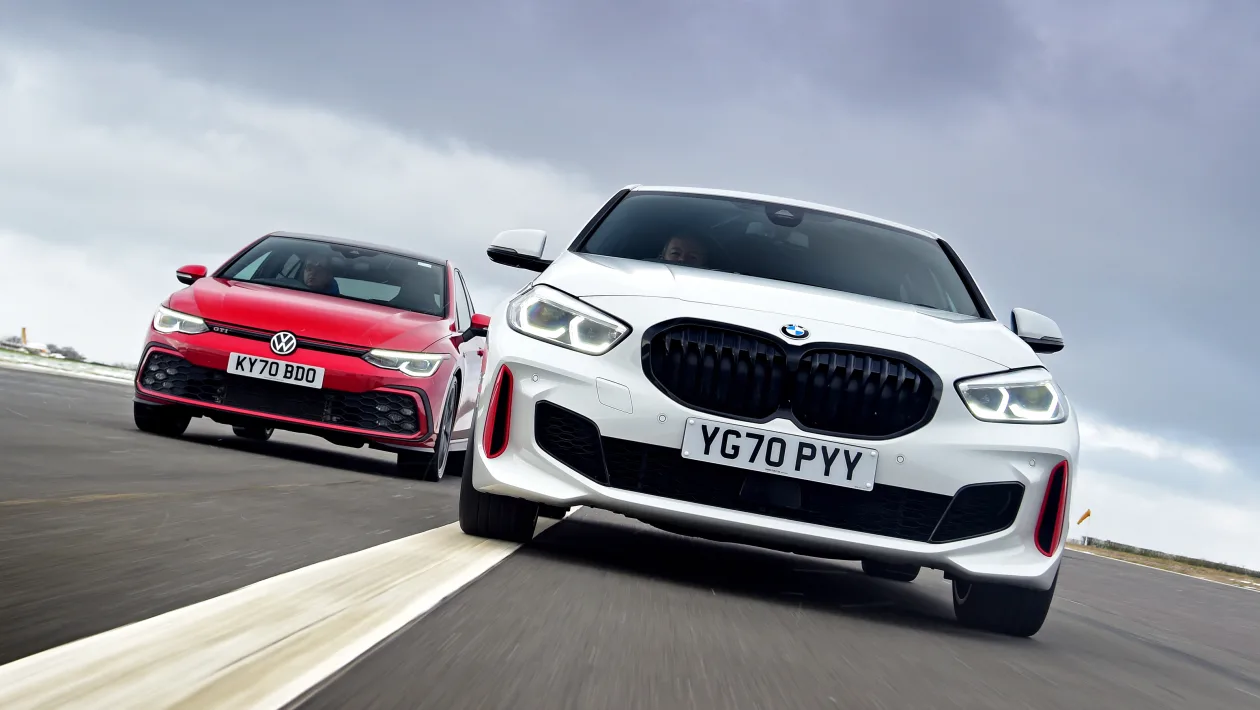Uncover the dramatic shift in Europe’s electric vehicle landscape as Volkswagen and BMW challenge Tesla, revealing the future of sustainable mobility.
The European electric vehicle (EV) market is experiencing a seismic transformation in 2025, with traditional automotive powerhouses Volkswagen and BMW emerging as the new titans of electric mobility. This unprecedented shift marks a critical moment in the automotive industry’s electrification journey, challenging long-held assumptions about market leadership and technological innovation.
Tesla, once considered the undisputed king of electric vehicles, has seen its market share plummet to a mere 9.6% – its lowest point in five years. The company’s battery-electric vehicle (BEV) registrations have fallen dramatically by 44%, signaling a profound change in the competitive landscape.

Contents
The Changing Dynamics of Electric Mobility
Tesla’s Unexpected Decline
The story of 2025 is less about Tesla’s failure and more about the remarkable adaptation of traditional automotive manufacturers. With Tesla in the midst of a model changeover for its best-selling Model Y, the company finds itself particularly vulnerable. Brands with limited model lineups are discovering the risks of a narrow product range in a rapidly evolving market.
Political Undertones and Consumer Sentiment
Interestingly, the market shift isn’t purely technological. Elon Musk’s increasingly vocal political stance, particularly his support for far-right parties in Europe, appears to be influencing consumer sentiment. This political backdrop has potentially accelerated the erosion of Tesla’s market position.
Rise of the Challengers
Volkswagen’s Electrifying Comeback
Volkswagen has emerged as a true electric vehicle champion, with BEV sales surging an impressive 180% to nearly 20,000 cars. This remarkable growth demonstrates the company’s commitment to electric mobility and its ability to rapidly innovate.
BMW: Precision Engineering Meets Electric Innovation
Not to be outdone, BMW has also made significant strides. Including its Mini subsidiary, the brand has sold almost 19,000 electric vehicles, showcasing the strength of its electric vehicle strategy.
The Global Context: Chinese Brands Enter the Fray
Emerging Competitors
Chinese-owned car brands are adding another layer of complexity to the European EV market. Registering 19,800 new electric vehicles, these manufacturers are proving to be formidable competitors. Brands like BYD have seen a 94% sales increase, while Polestar has achieved an impressive 84% growth.
Market Performance Breakdown
| Manufacturer | BEV Sales Growth | Market Position | Key Strengths |
|---|---|---|---|
| Volkswagen | +180% | Market Leader | Rapid innovation, diverse model range |
| BMW (including Mini) | Strong growth | Top Performer | Precision engineering, luxury electric vehicles |
| BYD | +94% | Rising Chinese Brand | Aggressive expansion, competitive pricing |
| Polestar | +84% | Emerging Competitor | Innovative design, sustainability focus |
| Tesla | -44% | Declining | Limited model lineup, political controversies |
Market Momentum
The overall electric vehicle market continues to show robust growth. BEV registrations increased by 26% to 164,000 units in February – the highest on record. In the first two months of 2025, total BEV registrations reached an impressive 329,700 units, representing a 31% year-on-year increase.
Conclusion
The European electric vehicle landscape of 2025 is a testament to the dynamic nature of automotive technology. As traditional manufacturers like Volkswagen and BMW challenge Tesla’s previous dominance, consumers stand to benefit from increased competition, innovation, and choice. The electric revolution is here, and it’s being driven by unexpected players who are rewriting the rules of mobility.

